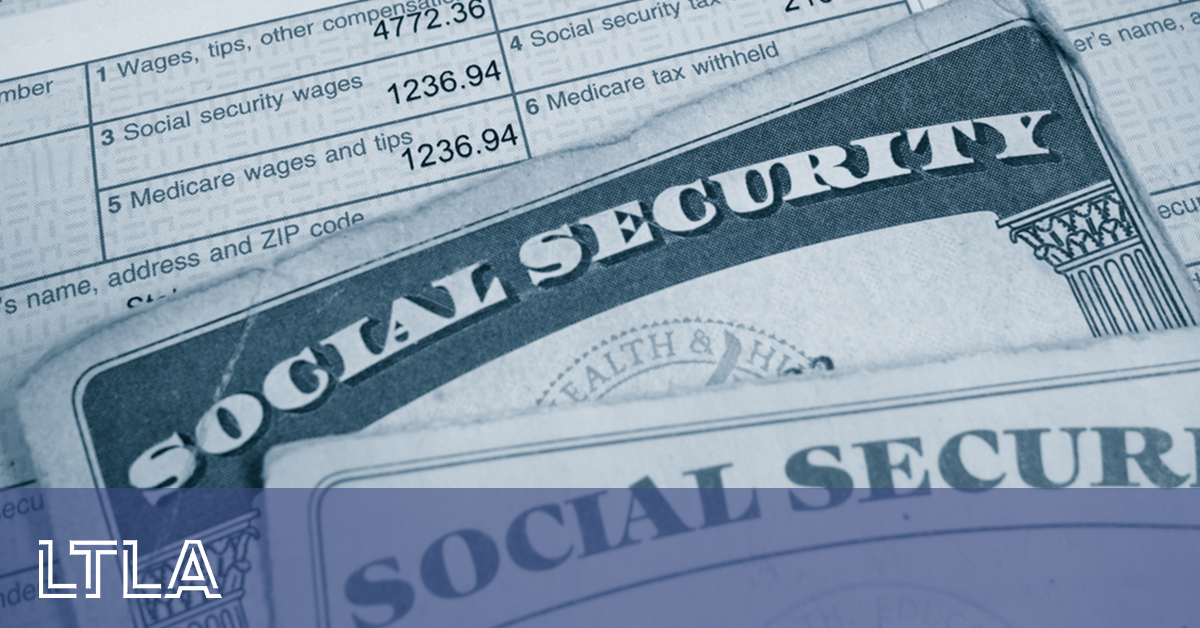
You’ve been working your whole life and every paycheck, some of your hard earned money has gone to Social Security. Now, you’re finally old enough to make a claim. Wait! Before you file for Social Security benefits, there are a few things you should know.

Filing Early
You can file for Social Security benefits when you are just 62, but depending on the year you were born, you don’t qualify for full benefits until you are between 65 and 67 years of age. That’s referred to as full retirement age.
When you claim early, you only receive a fraction of your benefits. For instance, if you were born between 1943 and 1954, your full retirement age is 66. If you claim benefits when you are 62, you only receive 75% of your benefits. This percentage goes up every single month, so even if you can’t wait until full retirement age, it helps to wait as long as you can.
Delayed Retirement Credits
On top of the penalties for claiming early, the Social Security Administration offers delayed retirement credits. If you delay filing until you are 70 years old, your benefits increase by a certain percentage each year. The exact percentage of the increase varies based on when you were born.
For instance, people born between 1935 and 1936 receive an increase of 6% per year every year until they are 70, while people born after 1943 receive an increase of 8% each year. Again, the Social Security Administration breaks this up monthly so waiting even a few extra months can help to increase your payments.
Marital Status
It’s important to take your marital status into account when doing your Social Security planning. Even if you have never worked, you can file for Social Security benefits based on your spouse’s earnings. Typically, those benefits are up to 50% of your spouse’s total amounts, and you may even be able to make a claim based on an ex-spouse’s earnings.
However, in both cases, you still face the penalty for early payments and the credits for delayed payments. For example, if you were born between 1943 and 1954 and you take benefits at age 62, you only receive 35% of your spouse’s full benefits.
It’s also important to ensure that you coordinate your own benefits with your spousal benefits so that you get the highest payout possible. To explain, imagine you qualify for some benefits on your own, but your spousal benefits are actually higher. In those cases, you may want to delay your own benefits and claim the spousal benefits so that you get the highest amount possible.
Employment
Once you reach full retirement age, your earnings don’t affect your Social Security payments, but if you file for Social Security benefits early, any money that you earn over a certain threshold may reduce your payments.
As of 2017, the threshold is $16,920. For every $2 you earn over this amount, your annual Social Security benefit is reduced by $1. To illustrate, imagine you earn $21,920. That is $5,000 over the threshold, and that reduces your annual payments by $2,500. That is approximately $208 per month.
Luckily, the limit increases annually based on inflation, but it also increases as you get closer to retirement. In the year that you reach full retirement age but before your birthday, you can earn up to $44,880 without being penalized.
In Summary
Social Security planning can be complicated, and not understanding the rules can result in lowered payments and losing tens of thousands of dollars throughout your retirement. Remember to take the following into account when planning your social security benefits:
- Filing Early
- Delayed Retirement Credits
- Marital Status
- Employment
There is somebody who can help — The Long Term Living Association’s Social Security Advisor, Matthew Allen, is ready to answer your questions and help you get started planning for your future. To schedule a free initial consultation with a Social Security Advisor, please click here.

 Social Security Advisor
Social Security Advisor